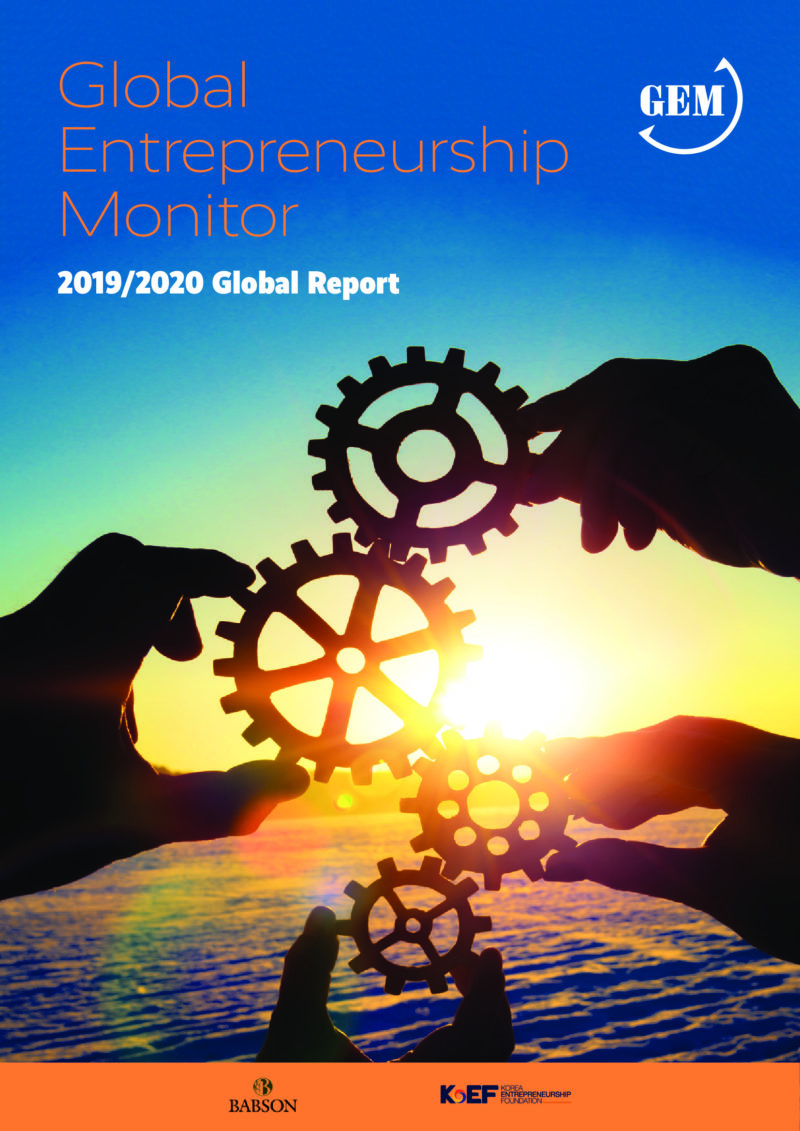
In Disruptive Times, The Power Comes From People: An interview with Eric Schmidt
In Disruptive Times, The Power Comes From People: An interview with Eric Schmidt
Thursday, March, 5, 2020
In Disruptive Times, The Power Comes From People: An interview with Eric Schmidt
Thursday, March, 5, 2020
As we enter a new golden age of technological innovation, nurturing talent will become more critical, according to the former chairman of Alphabet.
With his decades of experience in Silicon Valley, Eric Schmidt is regularly tapped for his views on the future of technology and how the latest disruptive innovations in areas such as artificial intelligence could shape the world. Yet he’s quick to point out that it’s the people behind the technology who make the difference, a sentiment he admits is oft repeated yet still somehow underestimated. Developing young talent into the inventors and leaders of tomorrow is a major focus of Schmidt’s philanthropic efforts—and Rise, a new joint initiative between Schmidt Futures and the Rhodes Trust, embodies that mission.
At the recent McKinsey BLINK Conference in the United Kingdom, Schmidt spoke about the dizzying speed of disruption, as well as how to nurture and position people to harness technological dynamism for the greater good of organizations and society. An edited version of his remarks follows.
Talent: Where incredible meets profound
We’re at the beginning of another golden age. When I think about the next big tech innovations, I like to distinguish between those that are incredible and those that are profound. Self-driving cars could be incredible. They can potentially save hundreds of thousands of lives. But new technologies that allow a paradigm shift in the way we solve problems would be profound. Many of today’s toughest problems exist because we are at the limit of what we can understand.
In synthetic biology, for example, we’re only just beginning to understand how to make the changes that are necessary to stop and start biological processes that are beneficial to humans, animals, and plants. That field is about to explode.
When it comes to climate change, batteries look like they might be part of the answer, in combination with solar and wind. Developing longer-lasting organic batteries, however, requires a better understanding of their material properties.
Wouldn’t you like to have a drug that would cure whatever disease you have? The easiest way to achieve that is with drugs that figure out how to build the correct protein in your body to stop a virus from replicating.
All this progress is underway, thanks largely to techniques in machine learning, artificial intelligence, and generative design. Collectively, these technologies will allow the discovery of new solutions to important problems at a rate we’ve never seen before.
But when I think about how we’re going to solve the problems ahead of us, the answer is people. We need to acknowledge how powerful people are, particularly those who are willing to take risks and drive societal change. Exceptional people are the ones who change society. They’re just born different and are insanely capable—and they’re rare. Yet they don’t show up just in the elite organizations or the cities of the world. People confuse elite with exceptional; the elite are self-proclaimed, while the exceptional are identified. Thanks to the internet and the fact that about half the people in the world have a smartphone, we can reach these people in a way we couldn’t before.
Competition: Will people win over data?
Disruption is not going to slow down. If you entered a market last week, you have disproportionally greater economic gains than if you entered this week. One of the rules in my world is that it’s hard to catch up, and even harder to get ahead, once you fall behind. Time and again today, we see industries that were relatively static that are now drastically changed by digitization and the reimagining of their products. Winning companies are building software platforms, they’re interacting with customers online. There’s a proliferation of innovation and new design techniques, which some industries have been slow to take advantage of, that either a traditional company or new entrant can utilize to seize the moment and reimagine products or entire industries. You see finance being reimagined, even fashion. In the next ten years, we will likely see this happen to most everything companies do.
But, again, people are the answer. If you care about winning, you want to make sure you provide them with the right coaching and structure and ensure plenty of diversity. Throughout my entire career, I’ve always had the opportunity to work with people exceptionally smarter than I and to help them be successful. We are producing a new generation that’s going to be smarter than previous ones, because its members are growing up in a more sophisticated, digitally native, and intense world. Part of a leader’s job is to be a magnet for such people and to get them to be the best that they can be. Four in ten people in the world are under 25 years old. This next generation is going to change the demographics of the workplace in a profound way. They have enormous energy but lack business experience. Business leaders should embrace being educators and mentors for these people as part of their everyday role. It’s both good for business and personally satisfying. When I look back, people development is probably one of the things I’m most proud of.
There are also studies about innovation that indicate that diversity is critical for driving innovation. With a blend of different points of view, you’re much more likely to get the kind of innovation that pushes things forward. So not only is it morally good to support diversity but it’s also good for your business. The supply of diversity is getting better, even though the pace of change has been frustratingly slower than any of us thought it would be. The proportion of women in computer-science programs historically has been in the area of 18 percent but is set to increase. There are similar gains expected among underrepresented minorities, although at a much lower level.
“New technologies that allow a paradigm shift in the way we solve problems would be profound. Many of today’s toughest problems exist because we are at the limit of what we can understand.”
With the right people, both large and smaller businesses can continue to thrive. There’s an argument I hear all the time: that, in the future, only large companies will exist, because they have access to the most data, and he or she who has all the data has control. While it’s true that centralization in certain situations has provided economic power, it’s much more likely that there are new sources of power. Consider, for example, the power of an online minority to spread misinformation, to make something seem more important.
Further to this point, in artificial intelligence and machine learning, there’s a great deal of research on how to build algorithms using much less data than is currently required. This notion that he or she who has the most data wins is ultimately going to be a temporal phenomenon. I think what we’ll discover is that he or she who has the smartest engineers developing the smartest algorithms is the one who will win.







